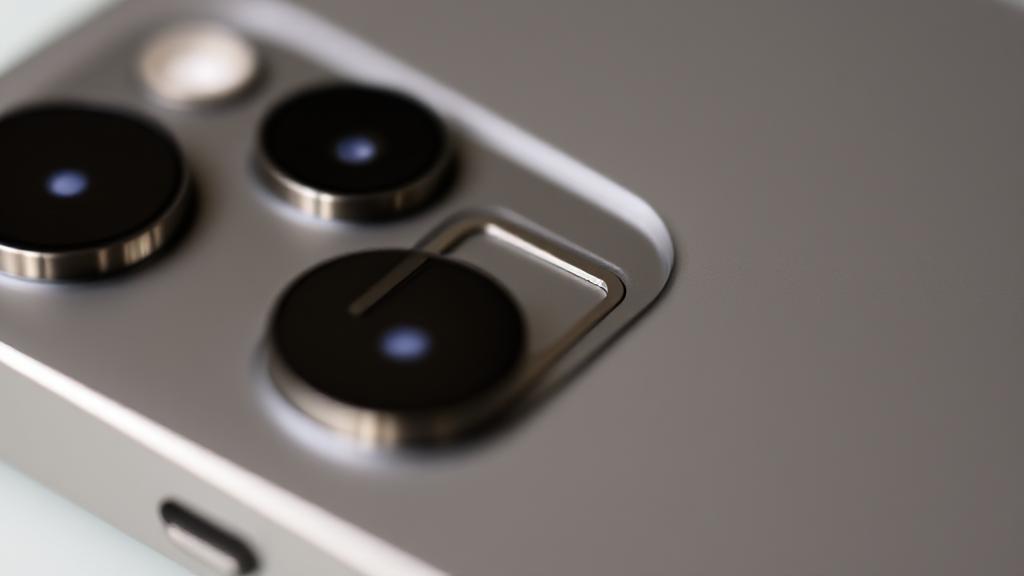Introduction
With each new iPhone release, Apple enthusiasts and tech aficionados eagerly anticipate the latest features and design changes. The iPhone 14 series represents a significant leap in smartphone technology, offering enhanced cameras, improved performance, and sleek designs. One of the most notable changes is the transition towards eSIM technology.
The Evolution of SIM Cards in iPhones
Before diving into the specifics of the iPhone 14, it's essential to understand the evolution of SIM cards in Apple's devices:
- iPhone 4: Introduced the micro-SIM
- iPhone 5: Transitioned to the nano-SIM
- iPhone XS and XR: Introduced eSIM technology, allowing dual SIM capabilities with one physical SIM and one eSIM
Regional Variations in SIM Support
US Models: eSIM Only
In the United States, Apple has completely removed the physical SIM card slot from all iPhone 14 models. These devices rely exclusively on eSIM technology, which allows users to activate cellular plans digitally without the need for a physical card. US customers can store up to eight eSIMs on their device and use two phone numbers simultaneously.
International Models: Dual SIM Support
Outside the United States, iPhone 14 models continue to feature a physical nano-SIM card slot alongside eSIM capability. This hybrid approach provides users with maximum flexibility in carrier choice and usage options, particularly in regions where eSIM adoption is still growing.
Understanding eSIM Technology
An eSIM (embedded SIM) is a digital SIM that allows you to activate a cellular plan without the need for a physical SIM card. This technology offers several advantages:
- Flexibility: Easily switch between carriers without needing a new SIM card
- Space-saving: Frees up internal space for other components
- Enhanced security: More secure than traditional SIM cards
- Travel-friendly: Easily add a local data plan when traveling abroad
- Environmentally friendly: Reduces plastic waste associated with physical SIM cards
Setting Up Your eSIM
To activate an eSIM on your iPhone 14, you have several options:
- Carrier activation: Most major carriers can activate your eSIM remotely
- QR code scanning: Scan a carrier-provided QR code
- Manual setup: Enter the information provided by your carrier
- eSIM transfer: Transfer your existing phone number from another iPhone
For detailed instructions, visit Apple's eSIM setup guide.
Traveling with an eSIM iPhone
When traveling internationally with a US iPhone 14, you have several options:
- Purchase an international eSIM plan from your current carrier
- Buy a local eSIM from a carrier in your destination country
- Use an international eSIM service provider like Airalo or GigSky
Note: The removal of the physical SIM slot on US models may affect resale value in international markets where dual physical SIM capability is preferred.
Major US Carriers Supporting eSIM
- AT&T
- T-Mobile
- Verizon
- US Cellular
Future Implications
The move to eSIM-only devices in the US market signals a broader industry shift toward digital SIM technology. Many experts predict that physical SIM cards will eventually be phased out globally, following Apple's lead in this technological transition.
For those interested in learning more about the iPhone 14's features and specifications, visit Apple's official iPhone 14 page.
